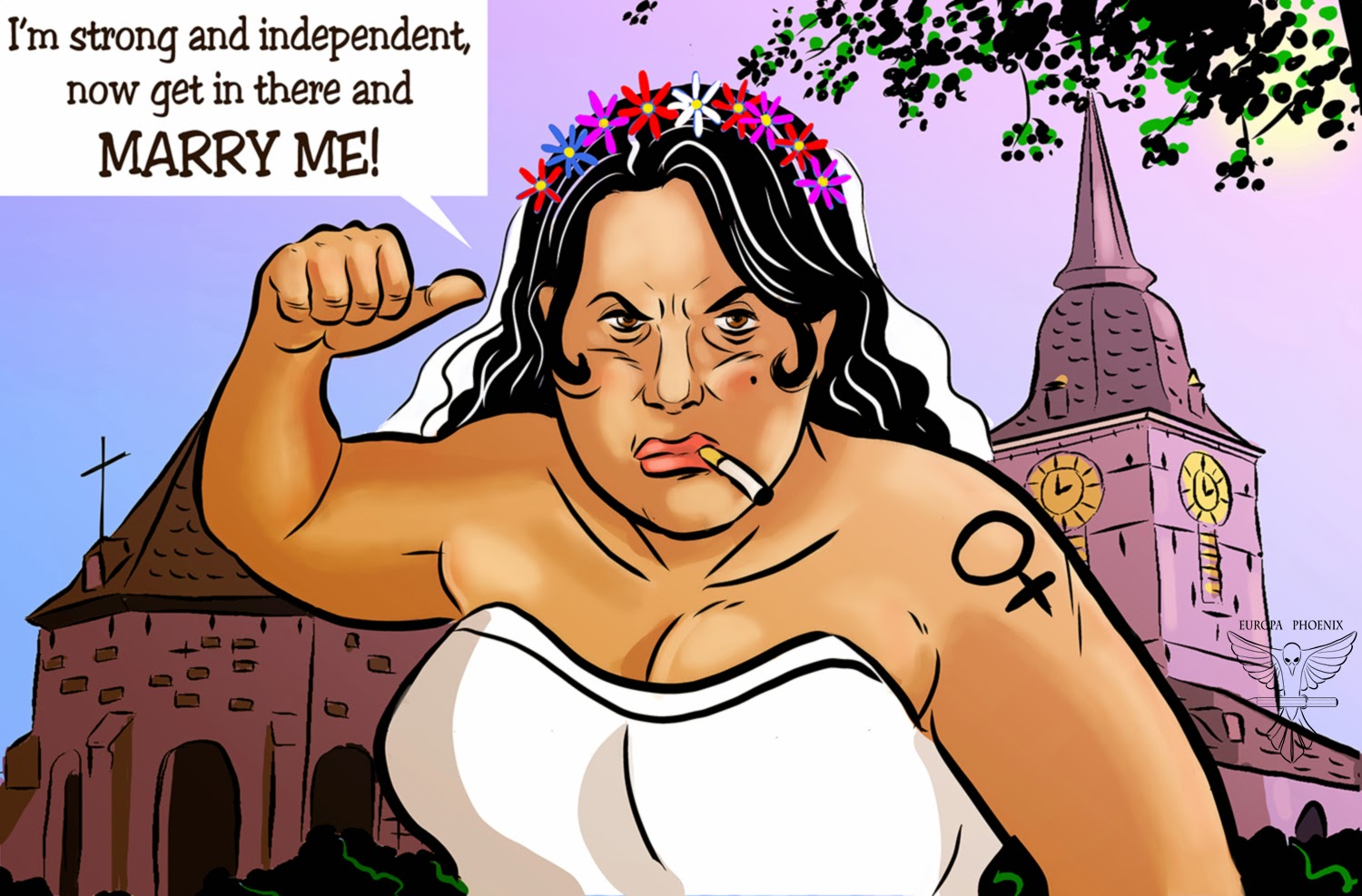Home › Forums › MGTOW Central › Bachelor Nation: 70% of Men Aged 20-34 Are Not Married
This topic contains 24 replies, has 19 voices, and was last updated by ![]() ComingInHot 4 years, 10 months ago.
ComingInHot 4 years, 10 months ago.
- AuthorPosts
The funny thing is though that with the exception of conventions I really didn’t have a social life.
That’s actually probably why she was being do adamant about killing off the limited social life you did have all at once. If you’d had an active, robust social life you would be more resistant to losing it suddenly and completely, so she’d probably have taken a more measured approach, first cutting off the branches one by one and then strangling the trunk slowly instead of just grabbing the chainsaw and felling it all in one cut with: “married couples don’t do that.”

E=MC² Bitch
Hey guys. Here’s a critique of the article. This guy goes deep into in it and it’s interpretation. It was posted 4 days ago. Check it out!
This doesn’t mean anything. Did the study lump all men together (who are between 20 and 34) or did it take all 34s and check them only against other 34s? The reason it matters is because most men don’t get married early anymore. If they’re counting younger guys my guess is 95% of 20 years olds aren’t married. However, they might be married by 30 or 40. A higher percentage of 34 years old might be married but the number is being scewed by the 20 year olds. Plus a lot of people are just living together now and not getting married. This sounds encouraging but I don’t know if it amounts to much in the end.
This doesn’t mean anything. Did the study lump all men together (who are between 20 and 34) or did it take all 34s and check them only against other 34s? The reason it matters is because most men don’t get married early anymore. If they’re counting younger guys my guess is 95% of 20 years olds aren’t married. However, they might be married by 30 or 40. A higher percentage of 34 years old might be married but the number is being scewed by the 20 year olds. Plus a lot of people are just living together now and not getting married. This sounds encouraging but I don’t know if it amounts to much in the end.
I would Imagine, it would be no different then polling 100 random strangers ages 20-34 and 70 were single out of that hundred therefore 70%. If they wanted to poll: ages of married individuals of 20 years old vs non-married 20 year old across an entire age range they would have had to collect the data differently and would have spent a small army of man hours on crunching data through spss and a host of other ways to come up with that statistic, and I believe it would have left to many variables for a real published result. Again I didnt read the article so if I am wrong someone correct me. As someone who did and does data collection for experiments, I would never do it the second way, way to complicated and way too much number crunching of variables, best to keep it simple.
1.)When you factor in cohabitation, that number would come down some percentage points imo. I would think maybe only 58-62% were truly not married and not cohabiting.
2.)Also you have to factor is statistical and sampling error which effects that final 70%.
3.)I would rather see 70% of women polled were “single”. That imo would be a better effect on the things we call women.
- AuthorPosts
You must be logged in to reply to this topic.

921526
921524
919244
916783
915526
915524
915354
915129
914037
909862
908811
908810
908500
908465
908464
908300
907963
907895
907477
902002
901301
901106
901105
901104
901024
901017
900393
900392
900391
900390
899038
898980
896844
896798
896797
895983
895850
895848
893740
893036
891671
891670
891336
891017
890865
889894
889741
889058
888157
887960
887768
886321
886306
885519
884948
883951
881340
881339
880491
878671
878351
877678













